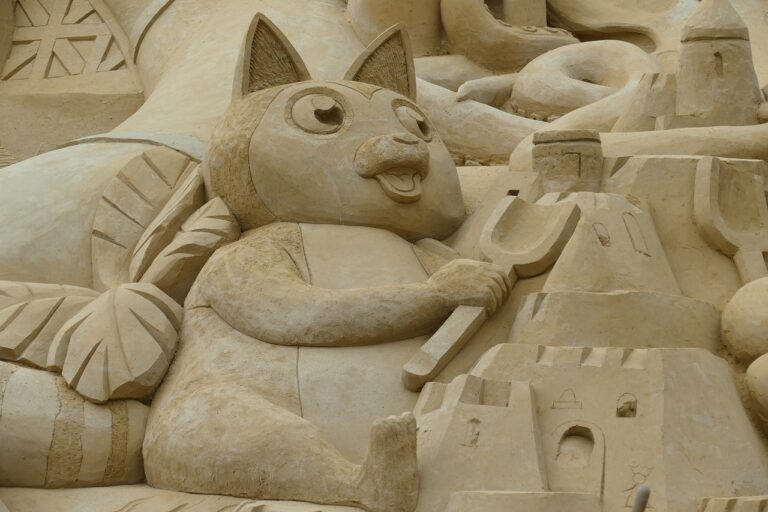The Role of MOOCs in Promoting Cultural Awareness: 11xplay, Tigerexch247 login, Booki bet
11xplay, tigerexch247 login, booki bet: The Role of MOOCs in Promoting Cultural Awareness
In today’s interconnected world, promoting cultural awareness is more important than ever. As individuals from different backgrounds come together in various settings, it is crucial to understand and appreciate the diversity of cultures that exist.
One powerful tool that has emerged in recent years to promote cultural awareness is the Massive Open Online Course (MOOC). MOOCs offer individuals the opportunity to learn about different cultures, languages, traditions, and customs from the comfort of their own homes. These online courses are accessible to anyone with an internet connection, making them a convenient and cost-effective way to expand one’s cultural knowledge.
Role of MOOCs in Promoting Cultural Awareness
1. Diverse Course Offerings: MOOC platforms like Coursera, edX, and FutureLearn offer a wide range of courses on various aspects of different cultures. From language courses to history classes, individuals can choose from a diverse set of offerings to learn about the world around them.
2. Global Community: MOOCs attract participants from all over the world, creating a global community of learners. Through online forums and discussion boards, individuals can interact with peers from different cultural backgrounds, exchanging ideas and perspectives.
3. Cross-Cultural Collaboration: MOOCs often incorporate group projects and collaborative activities that require participants to work together across cultures. This hands-on approach to learning fosters understanding and empathy among individuals from different backgrounds.
4. Cultural Sensitivity Training: Some MOOCs focus specifically on promoting cultural awareness and sensitivity. These courses provide individuals with the knowledge and skills to navigate intercultural interactions effectively, whether in a professional or personal setting.
5. Accessible Learning: MOOCs break down barriers to education by providing free or low-cost courses to a wide audience. Individuals from underserved communities or remote areas can access high-quality cultural education that may not be available to them otherwise.
6. Lifelong Learning: MOOCs empower individuals to engage in lifelong learning and continuously expand their cultural knowledge. With new courses added regularly, learners can explore different cultures and topics throughout their lives.
Overall, MOOCs play a significant role in promoting cultural awareness by providing accessible and diverse learning opportunities to individuals around the world. Through online courses, global communities, and cross-cultural collaboration, MOOCs help bridge gaps and foster understanding among people from different backgrounds.
FAQs
Q: Are MOOCs only for academic purposes?
A: While MOOCs are often used for academic learning, they can also be utilized for personal enrichment and skill development.
Q: How can I get started with MOOCs?
A: To get started with MOOCs, simply sign up for a course on a platform like Coursera or edX and start learning at your own pace.
Q: Are MOOCs recognized by employers?
A: Some employers may recognize MOOC certificates as a form of professional development, depending on the course and institution providing the certificate.







